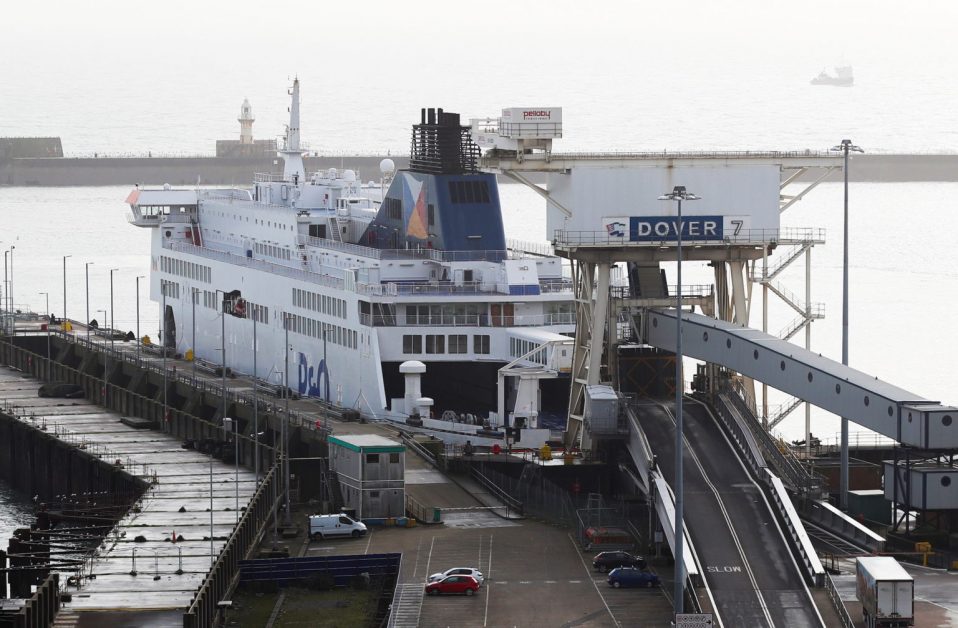European Union governments formally approved the bloc’s post-Brexit trade accord with the U.K., paving the way for an agreement to come into force on Jan. 1 that will avoid the discord of a no-deal departure.
The decision by the member states will allow for the EU and U.K. to sign the agreement on Wednesday, according to a Tuesday statement by the Council of the EU.
The endorsement by the bloc’s 27 member states comes before the U.K. House of Commons votes on the deal on Wednesday. The accord will take provisional effect at the start of the year, but European Parliament will still have to give its consent, either in February or March.
“This agreement will be operational on the first of January — this means certainty and clarity for businesses and citizens,” David McAllister, the head of European Parliament’s U.K. coordination group, said in an interview with Bloomberg. “This all avoids the negative consequences of a no-deal scenario.”
The hard-fought pact reached by EU and U.K. negotiators on Dec. 24 will prevent tariffs from being imposed on two-way goods trade while marking Britain’s definitive departure from the European single market and legal framework 48 years after the country joined the bloc.
The agreement, however, doesn’t cover services, and the EU will have to rule separately if British financial regulations and oversight are strong enough to create a level playing field. U.K. Chancellor of the Exchequer Rishi Sunak said that discussions with Brussels over access for financial services will continue.
The deal softens the economic blow to the U.K. caused by leaving the European single market, even if it may hit the country’s long-term economic prospects. Britain’s growth is forecast to be 0.5 percentage point lower every year for the next decade than it would have been had the country stayed in the bloc.
For the EU, reaching a deal avoids poisoning relations with a key diplomatic and commercial neighbor for years, and provides a basis for further cooperation in future.
Source: gCaptain






